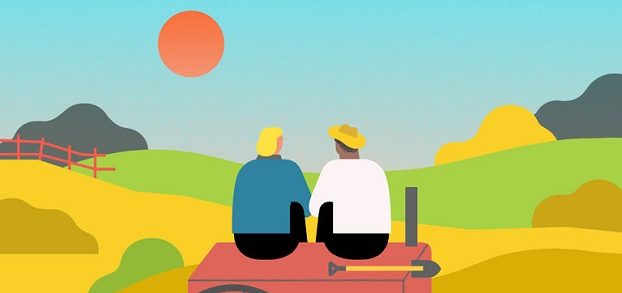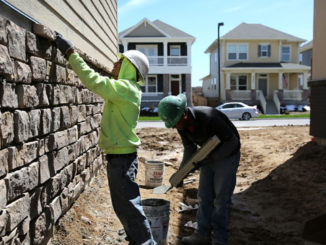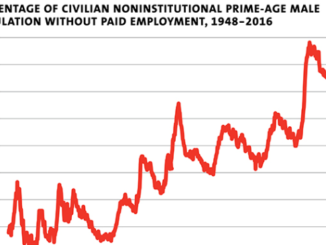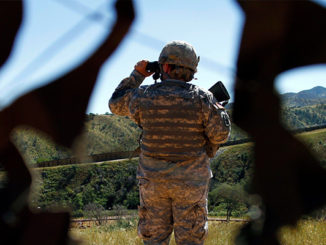
Someone recently said, “When Mexico sends its people, they’re not sending their best.”
The man who said that never met Manuel Chaidez.
Manuel was just 16 when he made it from Sonora, Mexico, to the F-Brm, my family’s ranch outside the town of Snowflake, in Northern Arizona. I was just a kid, no more than 6 or so, and to me Manuel looked like a full-grown man. He wasn’t much more than a kid himself, of course, but he worked as if his family depended on him. They probably did. He couldn’t have worked harder if the ranch were his own.
In terms of material possessions, Manuel was an invisible man. His capacity for hard, backbreaking work was his sole credential in life. By no Washington bureaucrat’s estimation would he have been judged a “high-value immigrant.” He didn’t speak much English. He didn’t come from money. He hadn’t finished high school. He had no technological innovation to his credit, nor had he started a business.
In other words, count Manuel among the 99 percent of immigrants who have ever come to this country, including many of our ancestors, the “wretched refuse” who got here as fast as they could and who made this country what it is once they arrived.
All Manuel had to recommend him was his strength and his belief that America was a place where, by the labor of your hands, you could create a life for yourself. That is all, and that is everything. My dad would occasionally hire some of my high school buddies. The work was so hard that they often washed out after a day or two. Not Manuel.
History doesn’t much record the unglamorous and often excruciating work of moving sprinkler pipe, digging ditch, chopping hay or keeping a broken-down feed truck running for just one more year. Manuel did all of that, and so much more (including, one lonely summer, giving me relationship advice as we fixed a tractor on the edge of an alfalfa field). Without such work there is no ranch. Without ranches, my town and towns like it falter. And so in my estimation, Manuel is just about the highest-value immigrant possible, and if we forget that, then we forget something elemental about America.
It is Manuel’s résumé that puts him in the company of so many of the men, women and children from all over the world who, since the beginning of the American experiment, left behind everyone and everything they knew to come to a place they had seen only in their dreams, in the desperate hope of building a life for themselves — and if not for themselves, then for their children. By working by their side, I came to know that these Americans by choice are some of the most inspiring Americans of all.
Just as my family members bear the aches and pains of a lifetime of work on the F-Bar, so, too, does Manuel. All told, he devoted 24 years of his life to the ranch. Those first years were interrupted more than a dozen times, when Manuel was picked up and returned to Mexico by the Border Patrol. Each time, he made his way back.
Manuel would marry in the late 1970s and obtain a green card, which awarded him permanent resident status. He and his wife, Frances, would ultimately raise seven kids — three boys and four girls, one of whom was adopted. All the Chaidez kids are contributing members of American society.
When President Trump embraced a proposal this month that would cut legal immigration by 50 percent, I spoke out against it, thinking of the immigrant workers I grew up with. When re-evaluating immigration policy, it is right to give priority, through a point system or otherwise, to those who have skills and abilities unique to the new economy. We did this in 2013, in the bipartisan immigration bill that passed the Senate. But there must always be a place in America for those whose only initial credentials are a strong back and an eagerness to use it.
A few weeks ago, as I stood with my mother and 10 siblings at my father’s funeral to say our final goodbyes, there stood Manuel, cowboy hat in hand. “Mi hijo,” he said as he approached me — “my son.”
America would be a lesser country without Manuel Chaidez, and so many like him.
Jeff Flake, a Republican senator from Arizona, is the author of “Conscience of a Conservative: A Rejection of Destructive Politics and a Return to Principle.”



